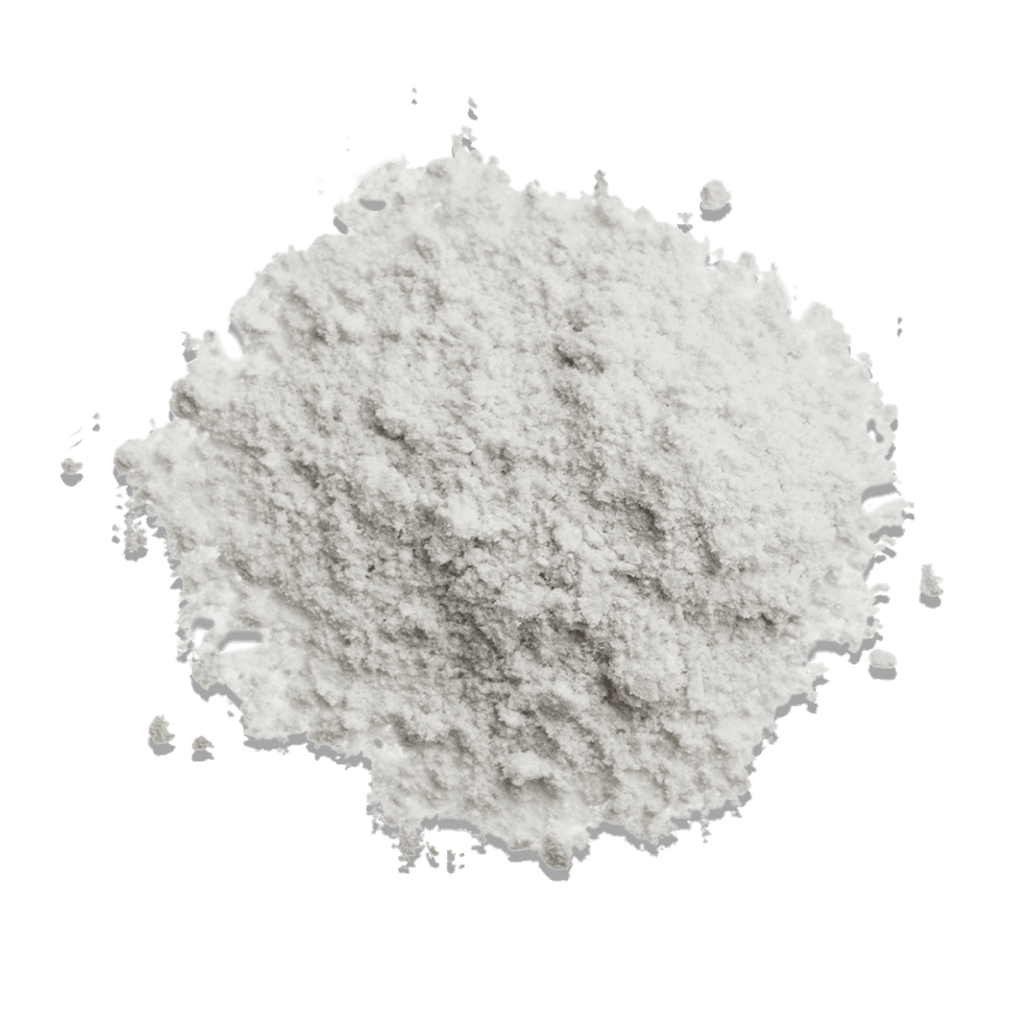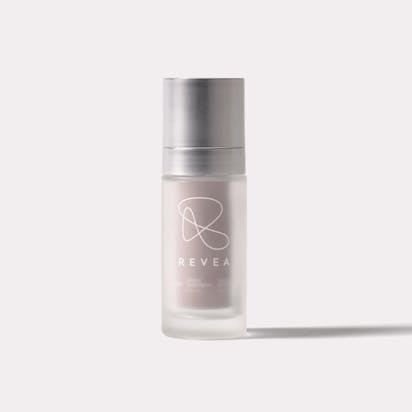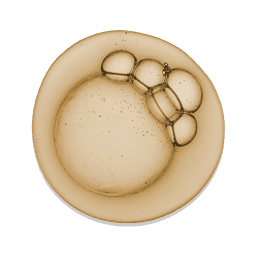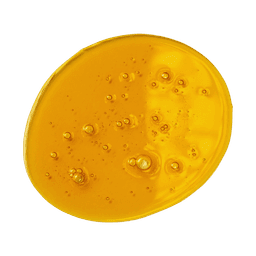Niacinamide
A true hero ingredient with a wide range of benefits including skin barrier repair, inhibiting melanosome transfer (a part of pigment production) and regulating skin renewal and oil production.

INGREDIENT PROFILE
synonyms
nicotinamide niacinamide 98-92-0 3-Pyridinecarboxamide pyridine-3-carboxamide
INCI
Niacinamide
What it Is
A form of vitamin B, chemically known as a pyridinecarboxamide.
What it does
accelerates skin turnover Anti-inflammatory
Targets
inhibits the transfer of melanosomes from the melanocytes into the keratinocytes - leading to effective blocking of hyperpigmentation Inhibits inflammation Inhibits the pigmentation
Find it in
 Even element EE1-01
Even element EE1-01Overview
This form of vitamin B3 is renowned in dermatology for its wide-ranging benefits. Clinically proven to improve skin barrier function, niacinamide enhances moisture retention and strengthens the skin's protective layer. It is particularly effective in reducing the appearance of enlarged pores, fine lines, and dullness, owing to its ability to regulate oil production and boost skin cell renewal. Additionally, niacinamide's anti-inflammatory properties make it an excellent choice for calming acne-prone and sensitive skin. Its role in inhibiting melanosome transfer to skin cells also positions it as a key ingredient in addressing hyperpigmentation.
Skin benefits
Reduces hyperpigmentation Anti-inflammatory
What research has shown
Niacinamide, also known as nicotinamide, has been shown to be effective in the treatment of melasma, in addition to its many other known skin benefits. Reduces Pigmentation: A study published in 2011 showed that applying 4% niacinamide for eight weeks significantly reduced pigmentation by blocking the transfer of pigment to the skin’s surface. Improves Hyperpigmentation: Another study published in the British Journal of Dermatology revealed that a 5% niacinamide moisturizer applied twice daily for two weeks significantly improved hyperpigmentation. Used in Melasma Treatments: Niacinamide is commonly used in treatments for melasma. It is often included in topical therapies along with other active ingredients such as hydroquinone, azelaic acid, kojic acid, and tranexamic acid. Safe and Effective: Niacinamide is generally considered safe for topical use and has been shown to be effective in reducing the symptoms of melasma.
Peer reviewed science
- Dermatology research and practice 2011 (2011)
- British Journal of Dermatology (2002)
- Dermatologic therapy (2022)



